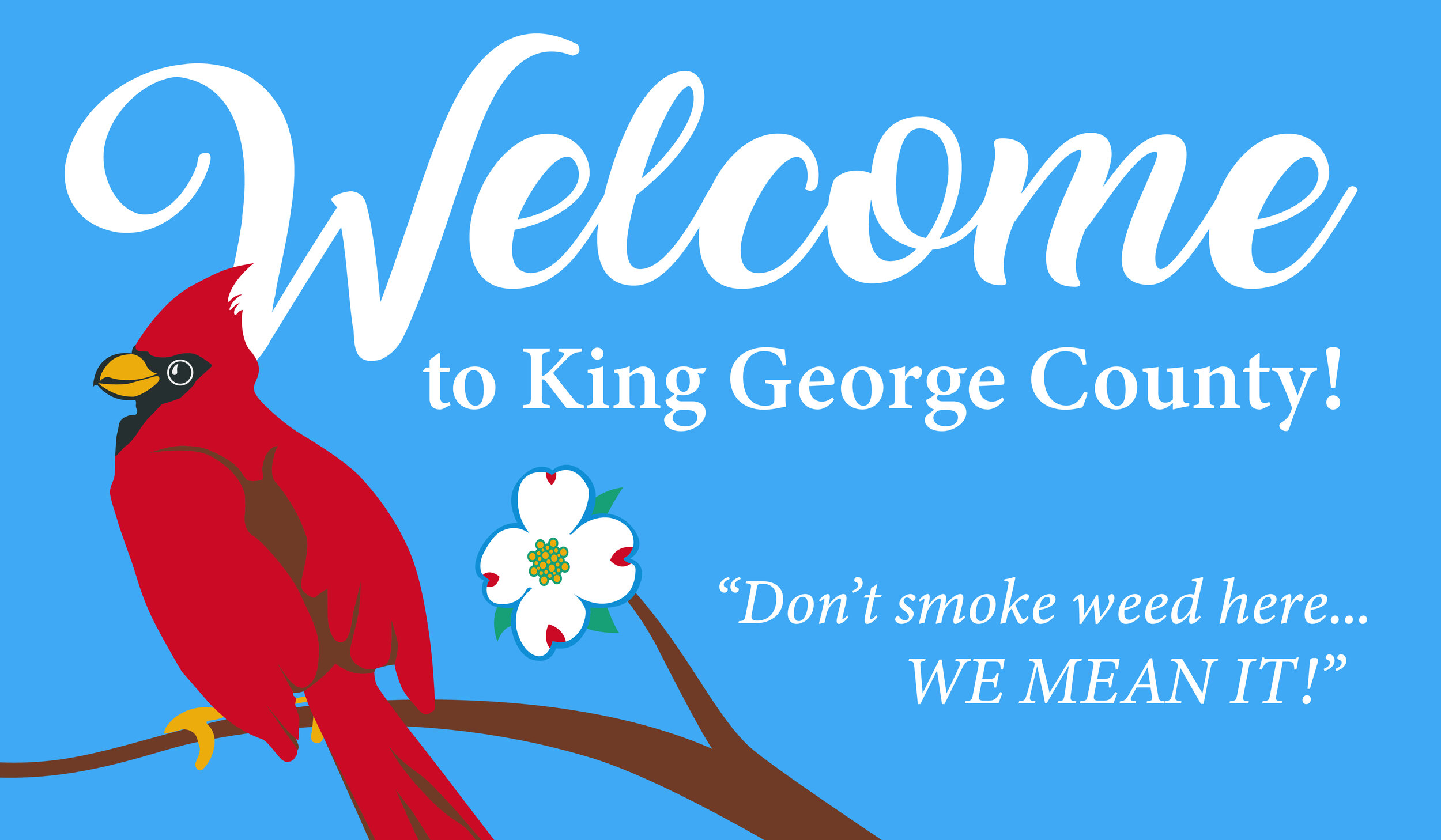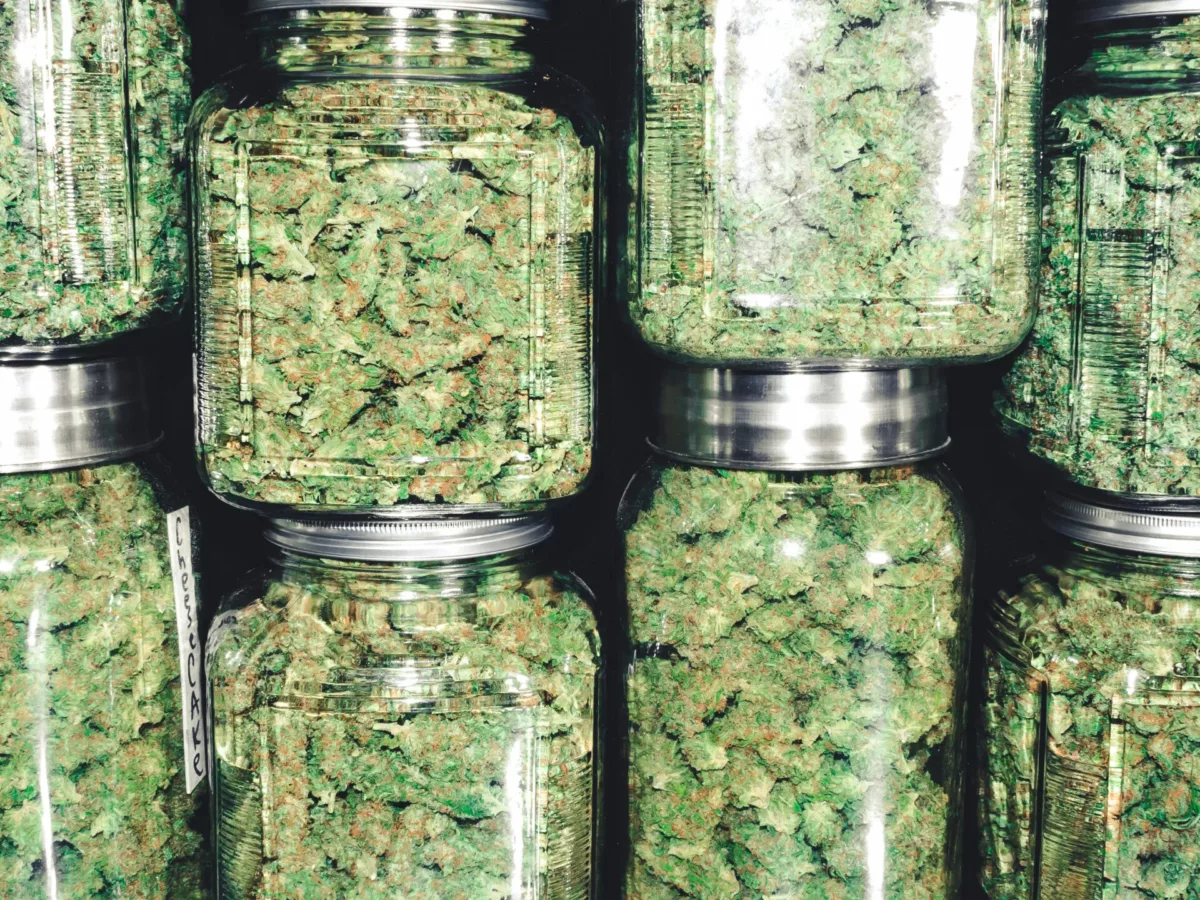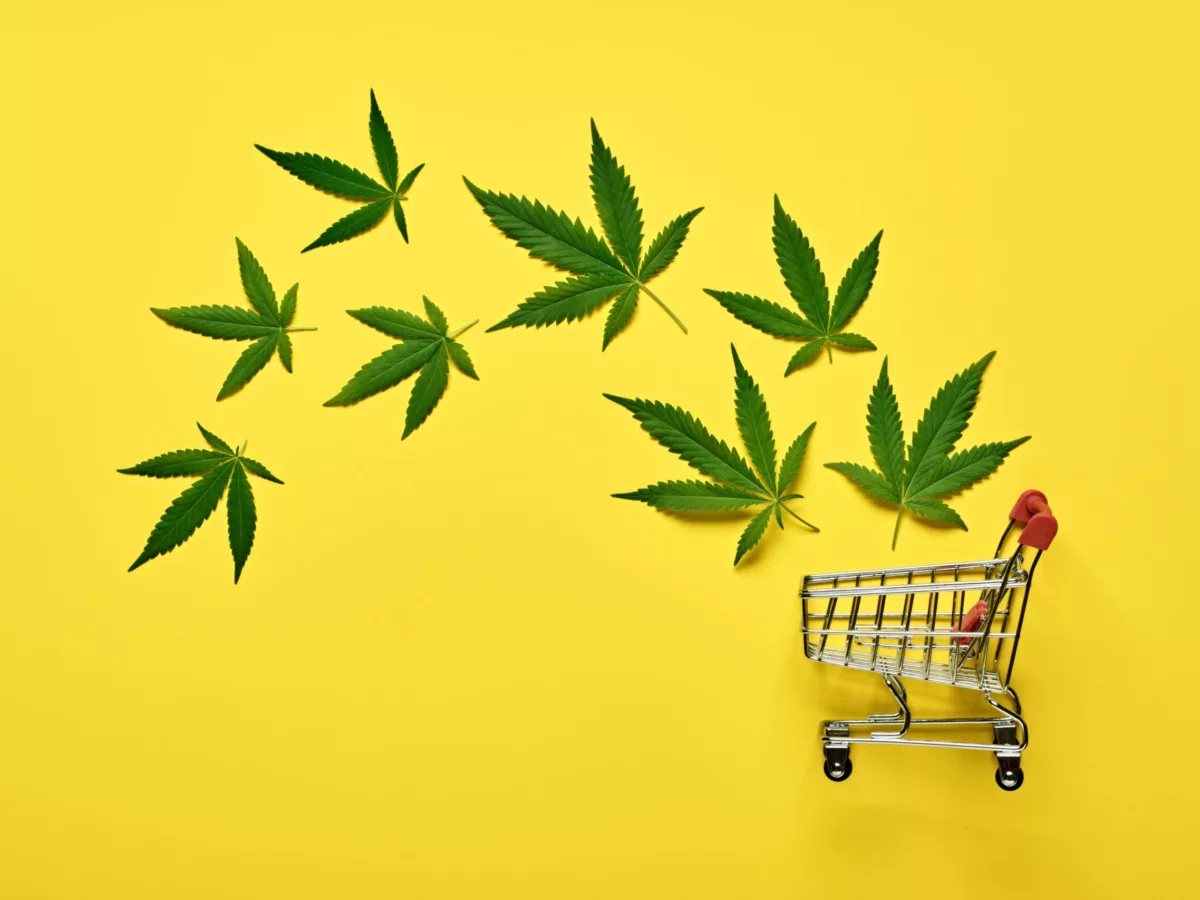As Virginia rushes towards its expedited July 1, 2021 date for cannabis legalization, resulting in a number of cannabis-related companies rapidly entering the industry—even as it leaves those incarcerated for cannabis behind—at least one county is trying to figure out how to keep cannabis illegal. King George County officials have asked the county’s attorney to figure out how cannabis for adult recreational use can remain illegal within the 188-square mile jurisdiction with a population of nearly 25,000.
“I am requesting consensus of the board to direct the county attorney to investigate and report back at a future meeting the steps necessary to prohibit retail sales of marijuana in our community pursuant to [Virginia’s legalization bill],” Annie Cupka, the chair of the King George Board of Supervisors said earlier this month.
Virginia’s legalization bill does not currently provide localities like King George County the ability to outright ban cannabis. The bill explicitly declares that localities cannot make possession, cultivation, manufacturing, and transportation of cannabis illegal. What jurisdictions would have to do is have its voters approve a referendum that would allow localities to make a decision about legalizing cannabis within their jurisdiction but that has not currently been approved anywhere in the state. There is a model for this in Virginia’s “dry” counties. In 2019, Virginia signed into law a bill that allows alcohol sales across the state but allows a jurisdiction to go dry via voter referendum.
Opposition to legalizing cannabis in King George County employed the expected talking points.
“As a former law enforcement officer, I saw first-hand the effects drug abuse can have on individuals as well as the community,” Cupka told Richmond Times Dispatch. “Be this through impaired driving, increase in crime rates and a negative impact on our youth and education. I think it will burden our Sheriff’s Office and negatively impact our community as a whole.”
Richmond Times Dispatch also quoted King George Sheriff Chris Giles who wants to prevent legalization from happening in King George County, who said cannabis legalization is “just not right.”
Needless to say, there is no connection between crime rates and legalized cannabis–by legalizing it, one has reduced a crime that can be committed—and as NORML notes, “retail cannabis facilities are not positively associated with increased criminality, and may play a role in the prevention of certain crimes, like larceny.” Although frequently expressed by those who want to continue prohibition of cannabis, driver impairment has not been shown to increase after cannabis is legalized. And again, via NORML, youth usage does not significantly increase post-legalization.
Earlier this year, The Outlaw Report noted HB 2315, a bill—which did not pass—that would have allowed localities to opt out of legalization, “potentially,” we explained, “establishing a regulatory patchwork across the Commonwealth.” NORML Virginia’s Jenn Michelle Pedini told The Outlaw Report back in February that opting out of legalization increases racially disparate arrests and facilitates an illegal market.
“Not only would [jurisdiction-decided] prohibition continue to disproportionately criminalize Black and Brown Virginians,” they said.“It would serve to protect and encourage the illegal marijuana market.”
King George County is nearly 77% white and about 18% Black. According to the ACLU, Black people are 3.4 times more likely to be arrested for cannabis than white people, and 52% of drug arrests in the state are for cannabis possession.
According to a recent poll, 68% of Virginians support cannabis legalization.






